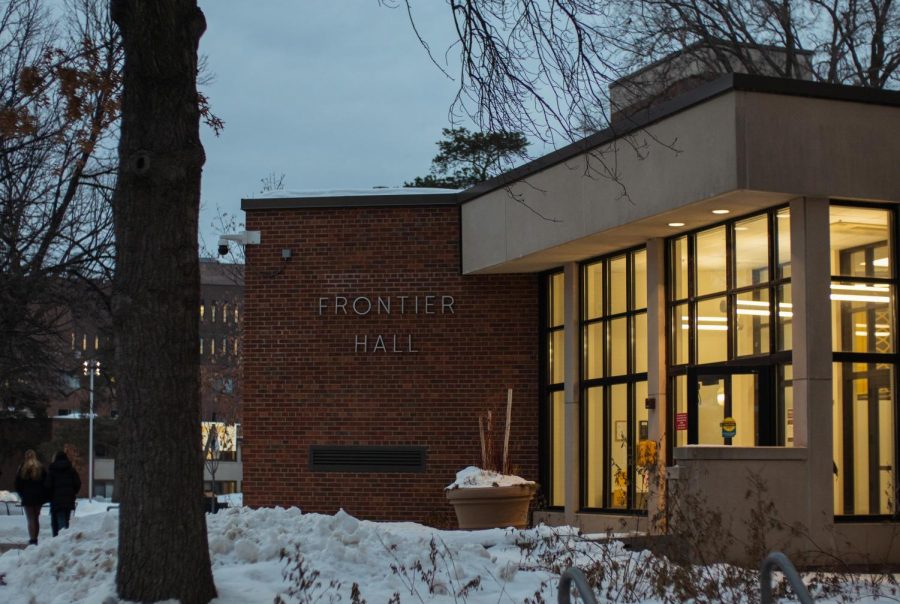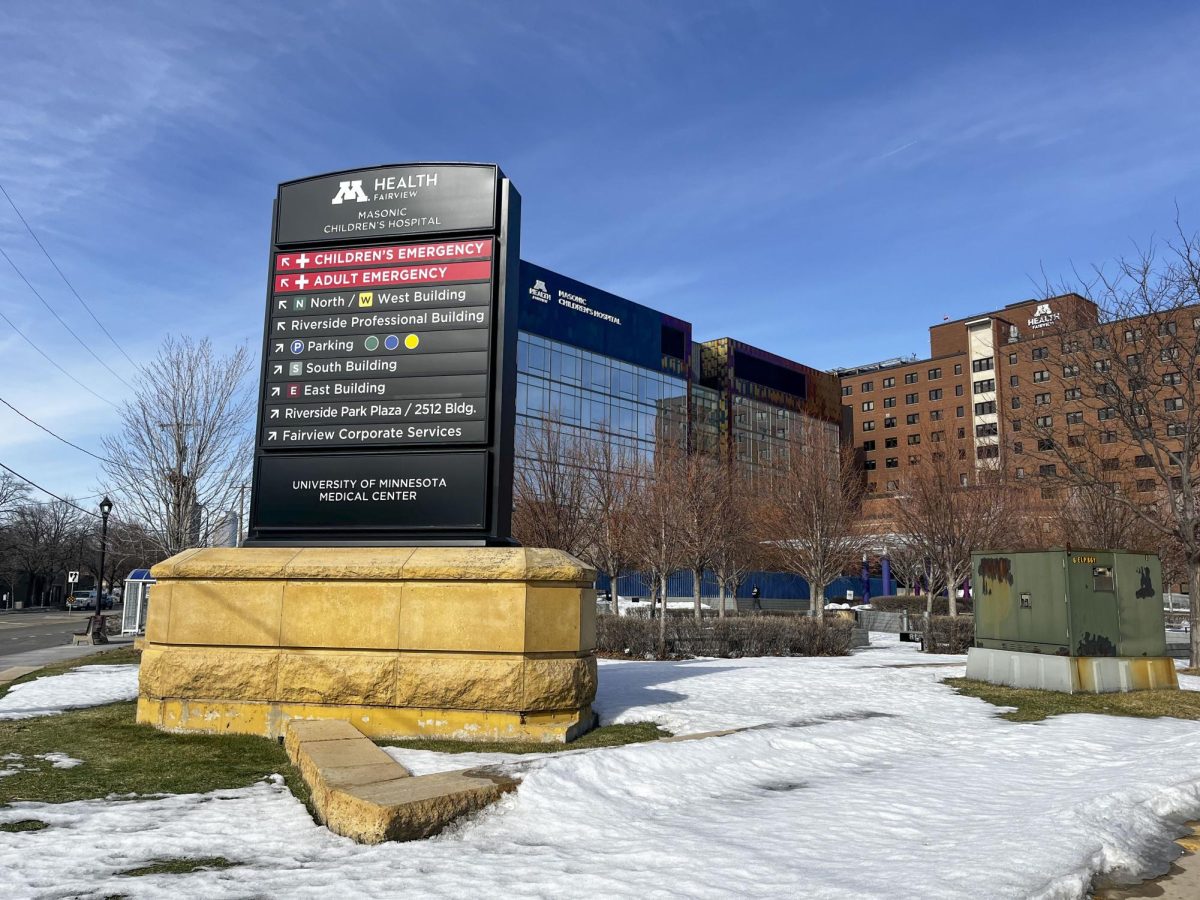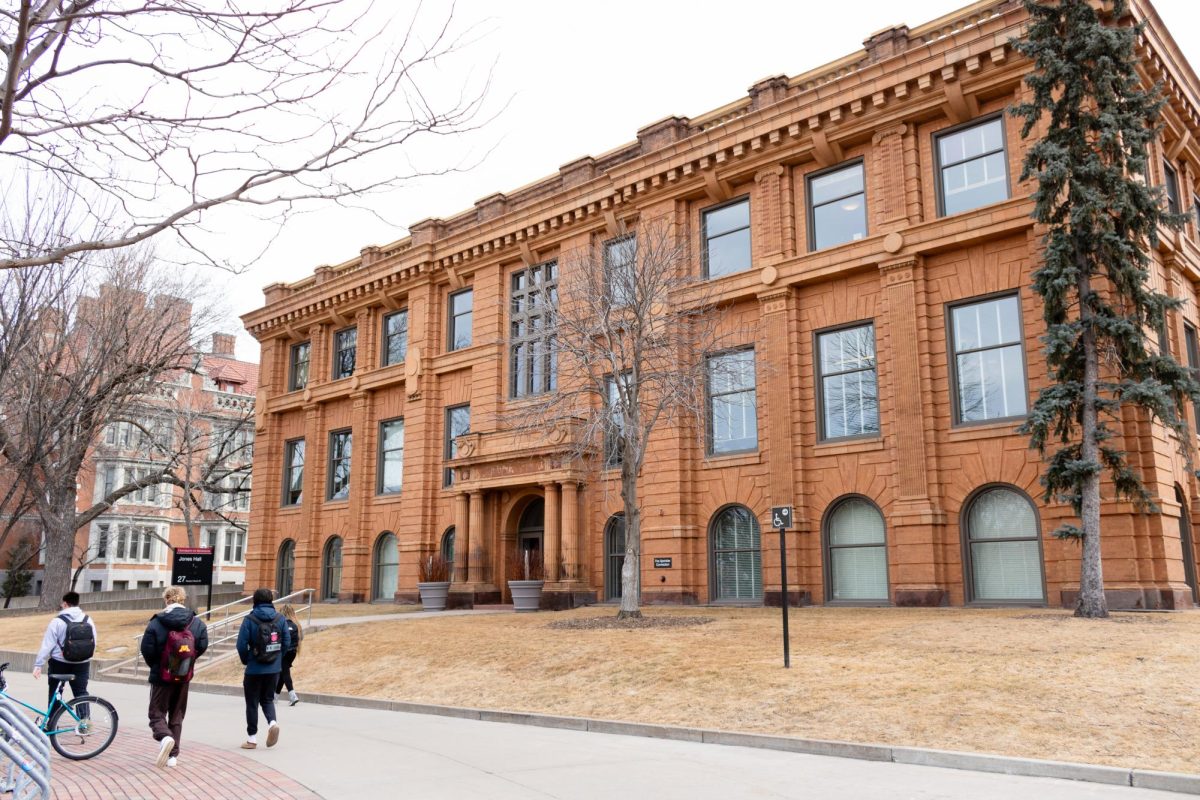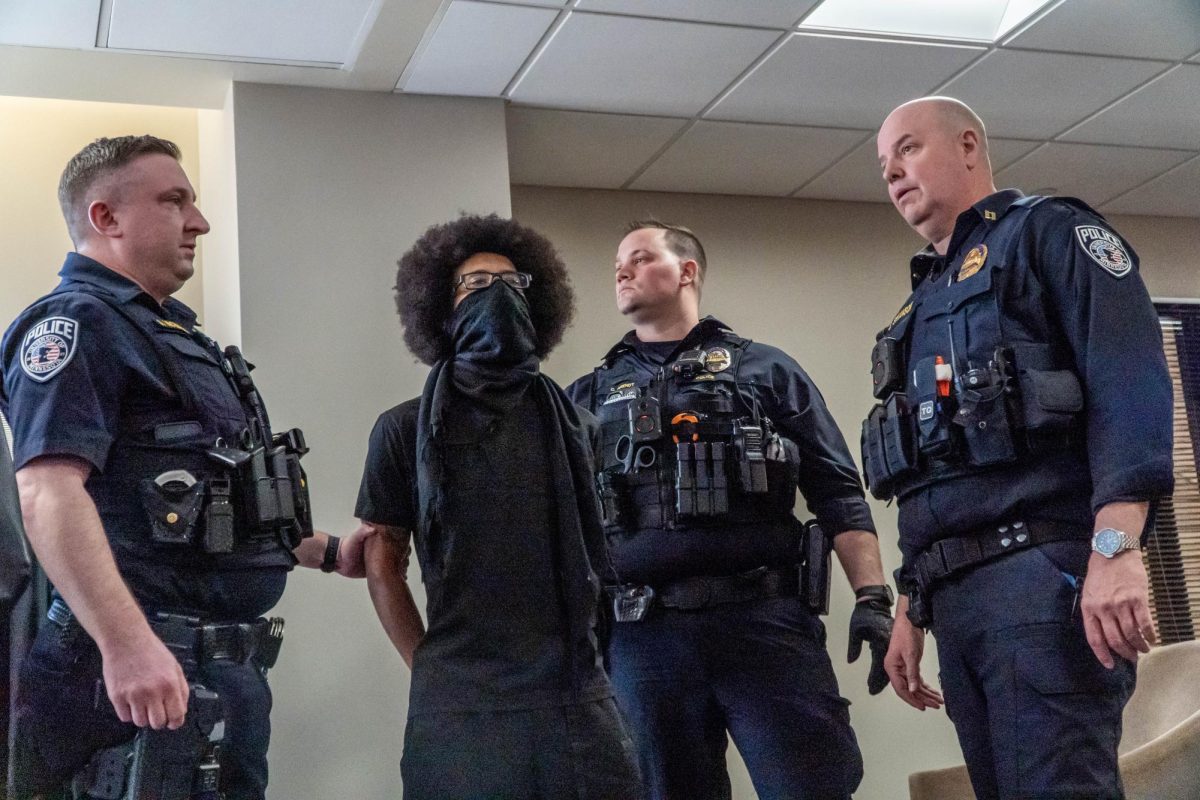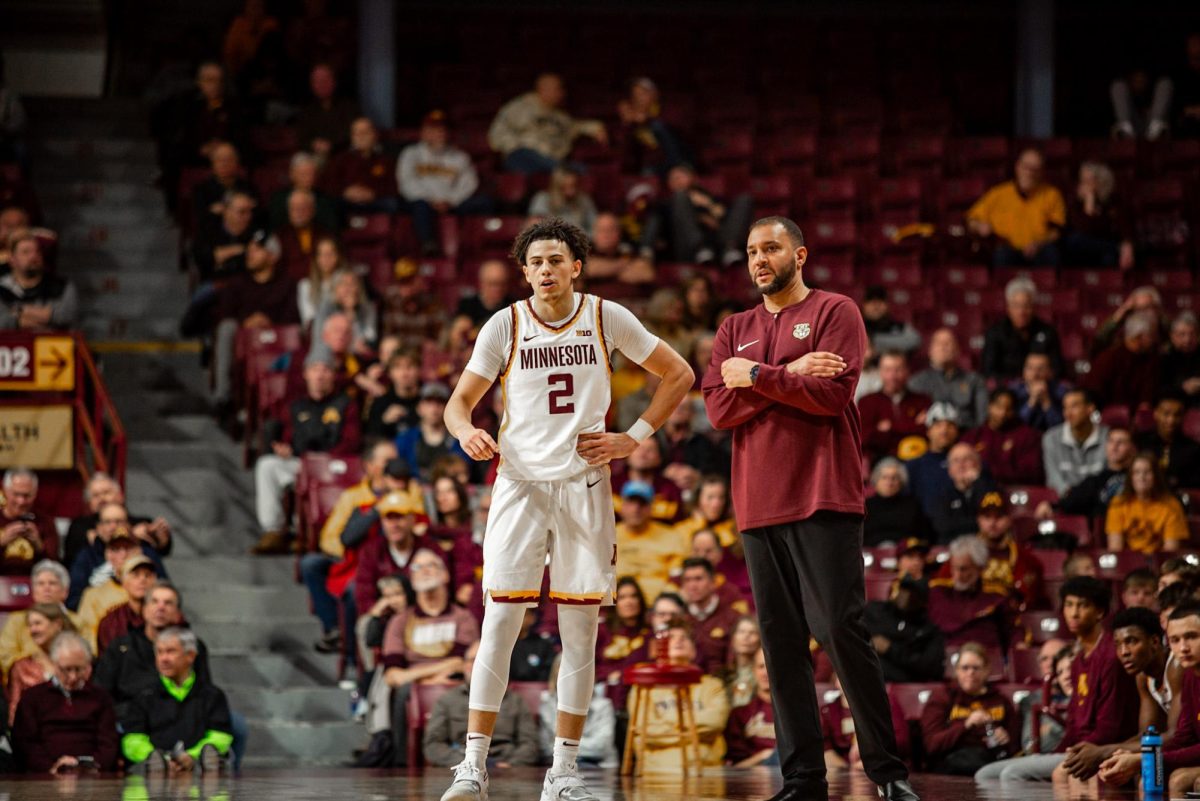The University of Minnesota’s Office of Information Technology (OIT) installed a new Wi-Fi service in every University residence hall on Jan. 12.
The new service is known as the Internet of Things (IoT) network, which “enables a wider range of IoT devices to be connected to Wi-Fi and enhances security by adding encryption,” according to a statement from Housing and Residential Life (HRL).
Louis Hammond, an IT Service Owner at the OIT, said in an email to the Minnesota Daily that IoT devices are a technology that connects and exchanges data over the internet. Devices such as smart TVs, medical devices, media streamers and gaming systems are part of the IoT.
“The Office of Information Technology has offered an IoT network since 2018 using the U of M’s guest network, however, some users found that connecting their IoT devices was difficult and some devices could not connect at all,” Hammond said.
Nora Engbring, a first-year student studying scientific writing and technical communications, noticed the IoT Wi-Fi is easier to connect to than the University’s eduroam Wi-Fi.
“I would close my computer or go to a different location on campus and have to re-sign in, and it wouldn’t work right away,” Engbring said. “It was really frustrating; sometimes it would take 15 minutes before it would re-load.”
Engbring lives in Bailey Hall and said her connection to the eduroam Wi-Fi lagged, especially when calling family from out of state.
Engbring said connecting to Zoom classes using the IoT Wi-Fi is also easier compared to eduroam because she can attend classes on time with no connectivity issues.
“I’ve had issues joining Zoom in the past where the Wi-Fi would log me out. I would have to re-sign in and then I would be late for class and miss participation points,” Engbring said.
According to the Academic Support Resources from the Office of Undergraduate Education, there are currently 431 online undergraduate courses being offered in the spring 2023 semester.
Executive Vice President and Provost Rachel Croson said the University will continue to offer classes in different modalities as students and faculty become more comfortable with using technology to facilitate classes.
Although Engbring did not have any issues using the IoT Wi-Fi, their friend had trouble connecting his gaming system.
“One of my friends has Mario Kart in his dorm, and I know he had to reboot the whole thing and it logged him out of his progress,” she said. “I don’t know if that was [because of] the Wi-Fi or the fact that we were gone for a month.”
The IoT Wi-Fi improves connectivity, which allows students who are unable to connect to eduroam to connect their devices to the internet, according to Hammond.
Through IT service requests, surveys and feedback from HRL’s Student Computer Center Coordinators, HRL and IT were able to identify what students wanted out of their technology usage, according to Jill Froehlich, assistant director of University Services Information Technology.
Clara Smith, a second-year student studying information technology infrastructure, said she is happy the University implemented the IoT Wi-Fi in the dorms but wishes it was installed sooner.
Smith, who lives in Territorial Hall, said she was unable to connect some of her devices to the eduroam Wi-Fi when she moved to campus.
“My mom got me a Wi-Fi-connected picture frame that she could add pictures of my family on through the picture frame’s app so I could be reminded of them while away from home,” Smith said. “We were disappointed when I got to my dorm and realized the picture frame would not work with eduroam.”
OIT plans to enable IoT Wi-Fi across the University in the coming months, according to Hammond.
“There are about 8,000 IoT devices registered on the Twin Cities campus; around 75% of those are student devices,” Hammond said. “Because the majority of IoT users are students, the service was enabled in the residence halls and on-campus apartments first.”


